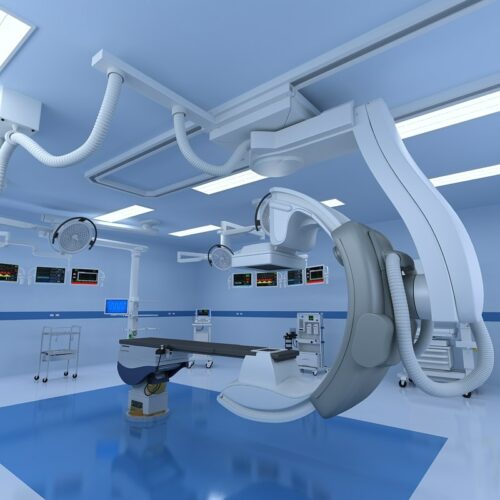Medical devices are one of the key components in improving modern healthcare. These tools and devices, which are used in the diagnosis, treatment, and management of diseases, play a vital role in improving the quality of life of patients and increasing the effectiveness of medical care. From simple devices such as sphygmomanometers to advanced equipment such as MRI and robotic surgery devices, all contribute to improving treatment outcomes and increasing medical accuracy and efficiency.
1. Early diagnosis of diseases
One of the most important tasks of medical equipment is to facilitate the early diagnosis of diseases. Devices such as MRI scanners, CT scans, and ultrasounds allow doctors to closely observe the internal state of patients’ bodies and detect diseases in the early stages. These early diagnoses can make a big difference in the prognosis of patients and facilitate timely treatments.
2. Improving the treatment process
Medical equipment also plays a key role in treatment processes. Devices such as ventilators, dialysis, and insulin pumps help patients lead normal lives while receiving close and continuous care. Advanced surgical equipment such as surgical robots allow surgeons to perform surgical operations with greater precision and reduce postoperative complications.
3. Management of chronic diseases
Many people live with chronic diseases such as diabetes, heart and lung diseases. Medical equipment such as blood glucose monitors and oxygen delivery devices can help these patients manage their health more effectively. These devices allow patients to continuously monitor their condition and prevent the progression of the disease.


